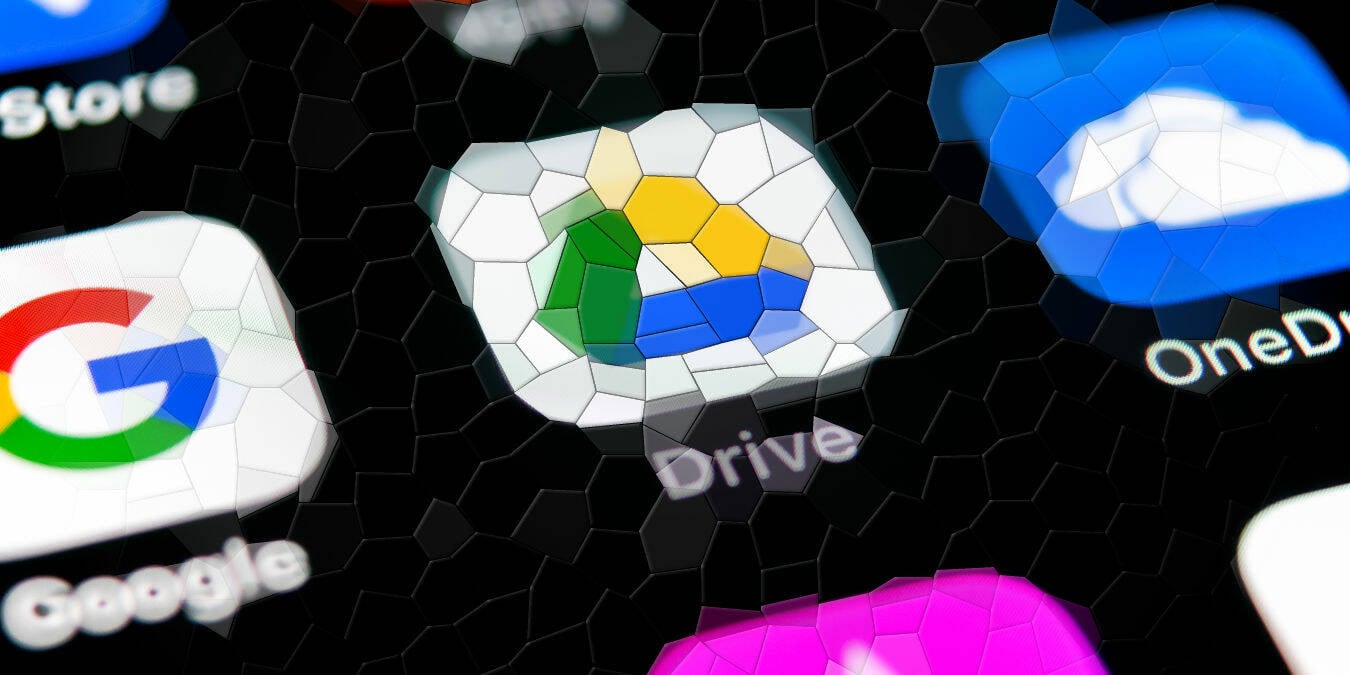UPDATED Google Drive users are reporting files mysteriously disappearing from the service, with some netizens on the goliath’s support forums claiming six or more months of work have unceremoniously vanished.
The issue has been rumbling for a few days, with one user logging into Google Drive and finding things as they were in May 2023.



I’ve used MEGA for about 6 years now, previously Dropbox. I switched after Dropbox lost over 2TB of my data.
MEGA hasn’t lost my data but something glitched on their side and duplicated every file, and with the amount of data I had in there it wasn’t feasible to manually fix. So I had to delete everything and start again.
I have all my cloud data stored on a NAS at home, that is backed up to a second NAS decice, a MEGA sync client running on home server keeps it all in sync to the cloud. I selectively sync folders from MEGA on different devices, or access files directly from the MEGA app when remote, or work with the local copy of my data when connected to home LAN. At least MEGA works cross platform, and MEGAcmd for Linux allows easy scripting and other automation possibilities.
All commercial cloud storage has one major problem, your files are hostage to their increasing subscription fees (which will always increase because capitalism). e.g. I was paying $60 a year with Dropbox, if I were still using it, it would be $140 a year now - and I’d have no choice but to keep paying.
What are you talking about? The amount of storage you get increases at a higher rate than the cost. That’s what people generally require… But anyway, you sound fairly technical. Why aren’t you using S3? I’ve got hundreds of gigs backed up and it’s like $10/mo.
I looked at S3 but I wanted easy consumer functionality like link sharing, web apps, mobile apps, desktop apps, photo management. I’m technical but I haven’t got endless time to play around with stuff I am in my 40s. I now have over 12TB of personal data (files spanning back to the 1980s).
could use nextcloud with s3, might work for what you need.
Try getting something out of S3 then check the bill.